Transformational Leadership: Communication – Grow Great Daily Brief #196 – April 24, 2019
Podcast: Play in new window | Download (Duration: 8:45 — 10.5MB)
Subscribe: Apple Podcasts | Spotify | RSS | More
Five C’s comprise the work – and the progress – of transformational leadership. In this series, we’ll briefly go through these:
- Compassion
- Connection
- Communication
- Collaboration
- Culture
Today, we’re focusing on communication. Let’s start with a dictionary definition:
the imparting or exchanging of information or news
Again, I’m going to redefine it with a more practical perspective:
the act of conveying meanings from one entity or group to another; the exchange of ideas and information for the purpose of increasing understanding
The key word is UNDERSTANDING.
Communication requires 2 or more parties. We tend to focus on the giving or sending of ideas and information. The talker. The writer. The broadcaster. The vlogger. The blogger. You get the idea.
Common wisdom says it’s incumbent on the sender to make sure the communication is accurately received and understood. Makes sense because you don’t have much control over the other person or party. So control what you can. Use language that resonates with the recipient and employ other tactics that can help you properly convey the message.
Permit me to draw your attention to another term in my definition, EXCHANGE.
That means it’s not a one-way street. This podcast is built on the broadcasting model. I’ve got the microphone and the platform (the station if you please). But you and I are still exchanging ideas and information. Some of you contact me through social media. Some of you email me. Some of you call me. The fact that I’m the only one here with a microphone doesn’t make this podcast a one-way form of communication. In fact, I went to a shorter, daily format almost 200 episodes because of the exchange that took place between us.
Rather than concentrate on how we can speak or write better, I want to flip this on its head and think about the burden we each bear to understand.
Have you ever communicated something as clearly as you possibly can and somebody still either misunderstood it or misrepresented it? I know you have. Well, was that your responsibility or theirs?
Some time ago I crafted a very clear document. It was comprehensive and straightforward. I know that because I shared it with about 3 people very close to me to get their feedback. Over a three to four week period, I refined it, edited and solicited their feedback every step of the way.
Off it went to a number of people involved. Within less than 2 hours I got a response from a person that seemed to indicate he hadn’t read it. If he did, he clearly didn’t understand it. Truth was, he was biased and blinded by his own narrow-mindedness. He inaccurately characterized my communication. The only truth I found in what he said was, “I’m dug into my position.” Well, there you go!
How do you help a closed mind understand? You don’t.
When those who don’t understand are the exception to the hoards who do understand, it demonstrates that there’s something necessary on the part of the receiver. Of course, when you build on the foundation of compassion this is less problematic.
We all enter communication with a perspective formed by our experiences, our knowledge and our level of understanding. Our viewpoint isn’t necessarily bad or harmful, but it can be if it stands in the way of helping us understand others. People who fail to understand others – and those who lack the desire to – tend to be folks prone to self-delusion. Nobody is helped when this happens.
Know yourself. Know your audience.
Understand yourself. Understand your audience.
This is our personal responsibility.
Yes, we bear the burden of conveying what we intend. It’s possible we get it wrong. Wrong enough to cause confusion. Wrong enough that folks don’t accurately understand what we’re saying.
Enter compassion and exchange!
When did we decide to stop asking questions? When did we begin to conclude it’s just better to jump to whatever conclusion suits us?
My most recent situation with a person who crafted his own narrative, which didn’t resemble what I wrote or accurately represent what I said, proves the point. The man never asked a single question. He never had a conversation with me other than a brief 3-minute conversation where he simply reiterated his stance. “I’m dug into my position.” It was an adult version of the little kid who doesn’t want to hear mom’s scolding, so he holds his hands over his ears.
No compassion. No exchange. No understanding.
In my case, I know I got it right because I sought feedback from people who have readily challenged me. Additionally, almost all others involved understood what I wrote and said so.
What can we do to improve?
Assuming we’re leaning heavily into compassion and the foundation it serves to help us become better leaders (and better people), there’s quite a lot we can do.
If you’re delivering the communication, think of others. How can you accurately convey your idea, thoughts or information? Craft it carefully knowing it can (and likely may) be misunderstood.
Solicit feedback. Urge people to ask questions. Sometimes leaders don’t get this because the connection work hasn’t been done. People don’t feel safe enough to ask questions. It’s easier for them to leave your presence confused. Now you may better understand why I put compassion and connection ahead of communication.
Lastly, let me address a phenomenon I see more often than I care to – intentional confusion. It happens when a leader intentionally communicates with cryptic messages. Politics and other drivers are often behind it. Know this – if you’re a leader and candid, honest communication isn’t consistently delivered, then your leadership is a mess. You may be the boss, but you’re not a leader. You’re not serving anybody except yourself. You’re selfish. Great leaders aren’t selfish!
Remember, it’s not about you. It’s about them. But it requires you put in the work to improve and grow yourself. Because your objective is to help them improve and grow!
Keep your intentions where they belong – in service to others – and you’ll conquer many difficulties.
Be well. Do good. Grow great!
RC
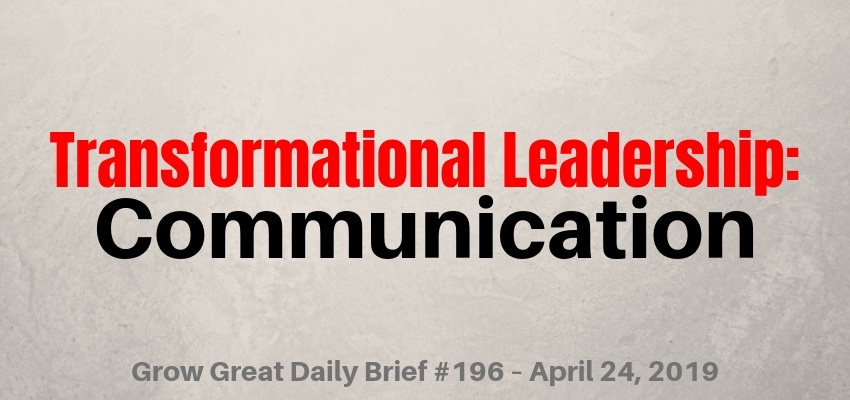
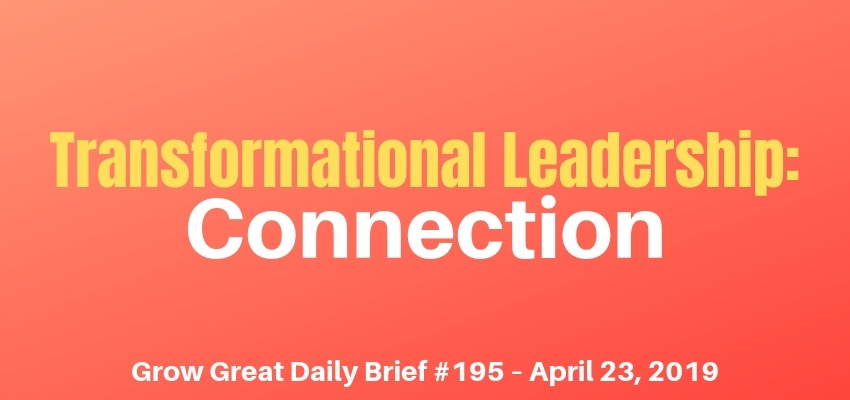
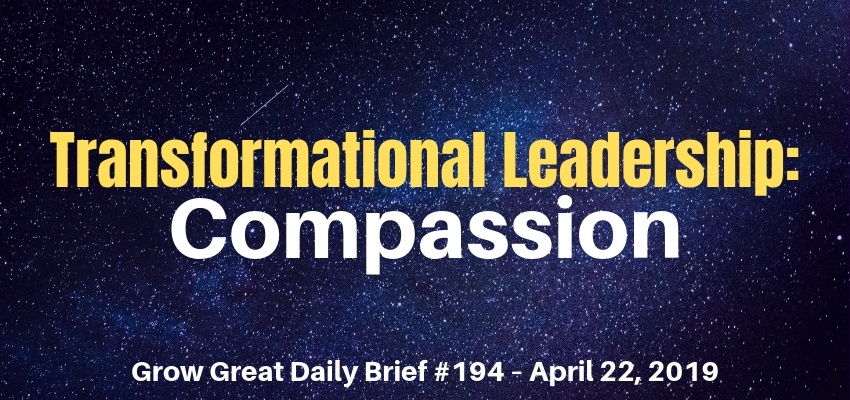
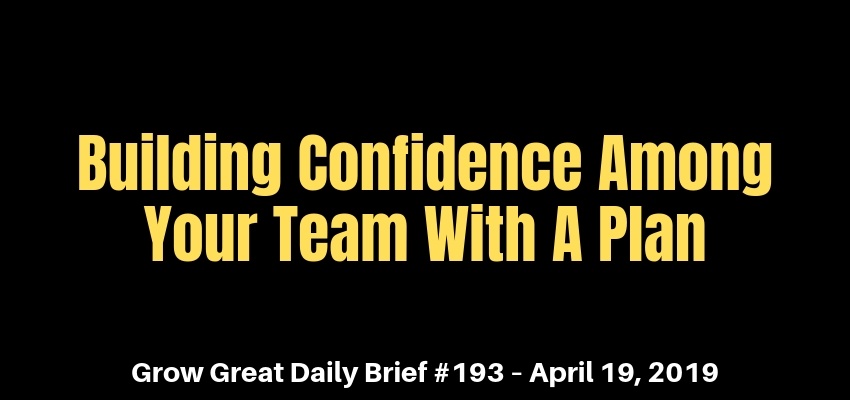
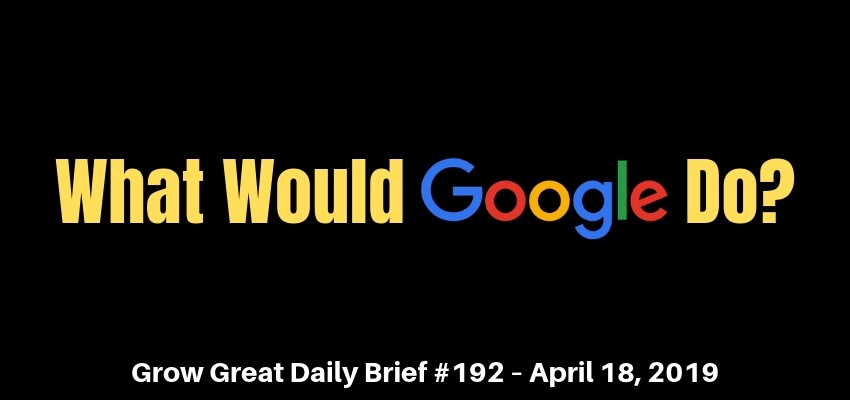
 Things have changed dramatically over the past 10 years at Google, but in 2009 Jeff Jarvis wrote a nice book entitled, “What Would Google Do?”
Things have changed dramatically over the past 10 years at Google, but in 2009 Jeff Jarvis wrote a nice book entitled, “What Would Google Do?”